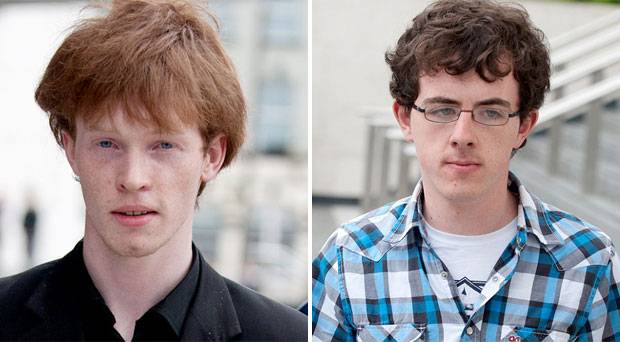Fiona Gribben | News Writer
Trinity student Donncha O Cearbhaill and fellow computer expert Darren Martyn have been ordered to hand over €5000 each to Fine Gael, with half of this amount going to charity, a judge determined yesterday.
The pair were brought before Dublin District Court on charges of computer hacking. They are among the first people in the history of the state to be successfully prosecuted for such offences.
Judge Ann Ryan applied the Probation Act, meaning the hackers have avoided a prison sentence and will not have a criminal record.
“I hope both have learnt a lesson,” Justice Ryan said, and continued to state:
“Such expertise should be used in the right way and I hope you do that in the future because you have a lot to give society.”
20-year-old O Cearbhaill from Birr, Co Offaly, is a third year medicinal chemistry student at Trinity, while 21-year-old Martyn from Claregalway, Co Galway, studies forensic science and analysis at Galway-Mayo Institute of Technology.
Using the online aliases Palladium and Raepsauce respectively, the duo hacked and defaced Fine Gael’s website, www.finegael2011.ie, on January 9 2011: seven weeks before the general election. Data was also stolen from the site and published elsewhere, including the contact details of up to 2,000 of its subscribers.
Fine Gael claimed that it cost €10,000 euro to get the website up and running again.
The pair was initially arrested in 2012 as part of a worldwide investigation into the hacking group Anonymous and its sister-group Lulzsec.
O Cearbhaill, son of Offaly Independent Councillor John Carroll also faces separate charges of unlawfully intercepting a conference call between an FBI official and a member of An Garda Síochána and subsequently posting a recording of the call on YouTube.
The duo have no previous convictions and the judge said the Probation Service’s restorative justice report had been “very good”. Furthermore the court heard how the hacking had been “a stunt to embarrass a political party rather than to disclose data to the public at large.”
Fine Gael has chosen to donate half of the fine to suicide prevention charity Pieta House, with the other €5000 retained by the party.
The offence, at district court level, can ordinarily result in a criminal conviction, a fine and can carry a maximum 12-month jail term.






